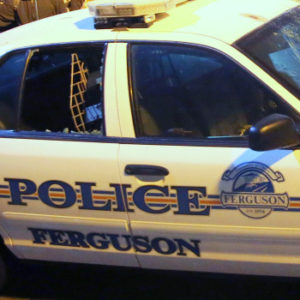
Rather, a new report by the Lawyers’ Committee for Civil Rights of the San Francisco Bay Area says that same targeting is taking place in California, too.
Specifically, the report says, “Due to increased fines and fees and reduced access to courts, more than four million Californians have suspended driver’s licenses. These suspensions make it harder for people to get and keep jobs, harm credit ratings and raise public safety concerns.”
The study says “a litany of practices and policies turn a citation offense into a poverty sentence,” with add-on fees for minor offenses sometimes doubling or quadrupling the original fines. And the report says that once people’s licenses are suspended as a result of the tickets and fines, they become even more unable to pay their debts, entering “long cycles of poverty that are difficult, if not impossible to overcome.”
In total, California has over $10 billion in uncollected court-ordered debt and the state uses the heavy fines as a source of revenue.
Meanwhile, Velda City, a town of 1,200 outside of St. Louis that had participated in a version of the illegal activity, “has agreed to end its use of a fixed cash bail schedule system,” according to a court filing obtained by Huffington Post.
The city brings in more revenue from fines and fees than it does from either sales taxes or property taxes.
Under the prior system, defendants who could not afford to pay a certain amount of money were held in jail for three days and would never get to appear before the city’s municipal court judge. Under the new policy, Velda City “will release arrestees from its custody after booking on signature recognizance bonds without requiring payment of money up front to secure release from custody,” according to the filing.
In California, the report offers example of the corruption. There was a 22-year-old single father named Andrew who stopped making payments on his traffic tickets after he left his job to care for a son with leukemia. That suspension jeopardized his son’s treatment, according to the report.
A woman, Tammi, owed more than $3,500 for several unpaid traffic tickets that she didn’t even think were hers.
The study recommends that the state of California “end the use of license suspensions as a collection tool for citation-related debt, allowing more people to work and pay their debts.” The report also says that the cost of paying a ticket is too high for everyone, not just the poor. The Lawyers’ Committee suggests that current fees be cut in half and that fines be based on an offender’s ability to pay. The group also suggests an amnesty plan for Californians who have already had their licenses suspended — one that would restore their ability to drive and forgive the debt of “the poorest Californians.”


